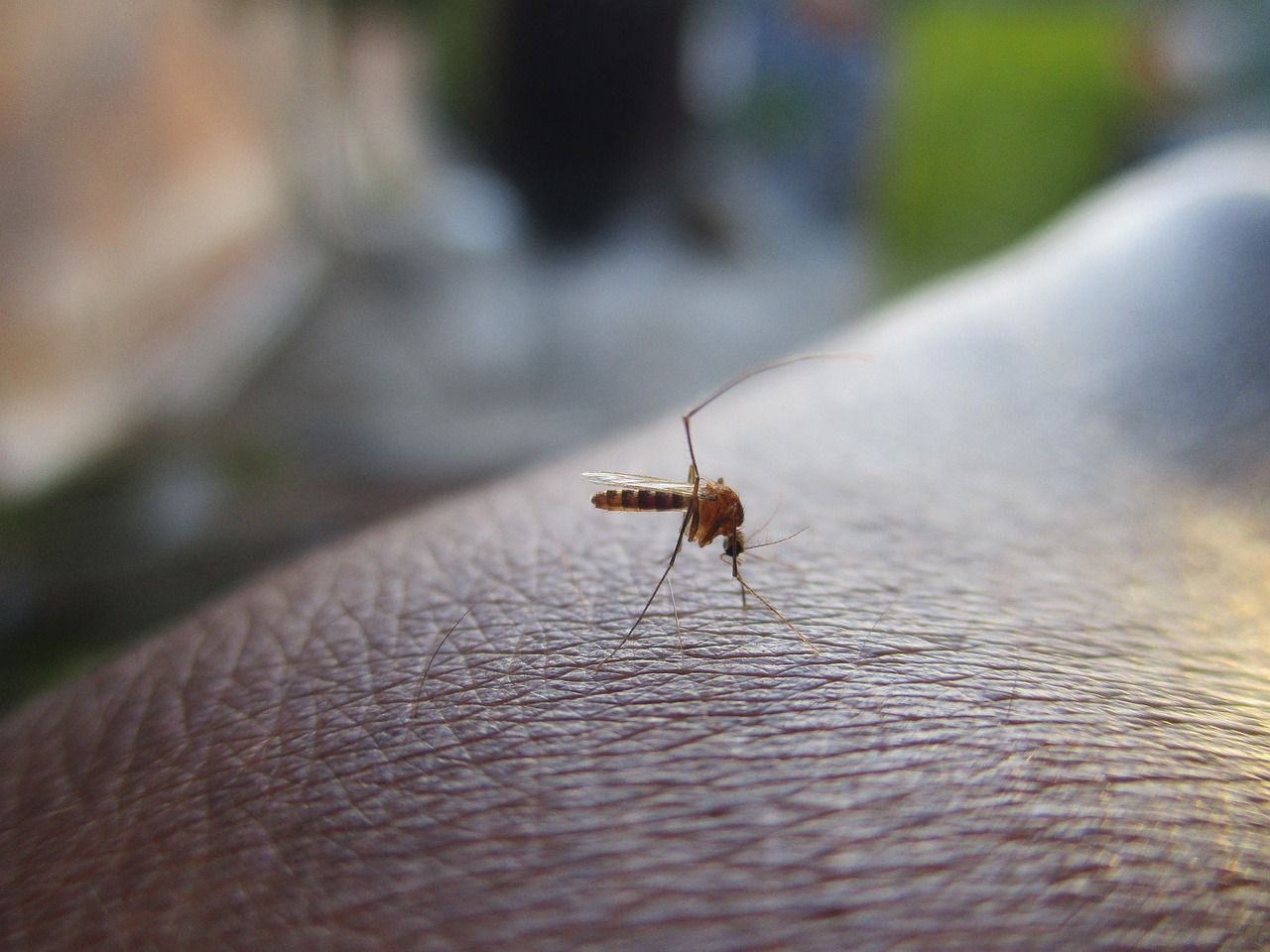Philippines sees 19% rise in dengue cases compared to 2023 — DOH

By ELLALYN DE VERA-RUIZ
The Department of Health (DOH) on Tuesday, July 16 said the Philippines has experienced a significant increase in dengue cases this year, marking a 19 percent rise compared to the same period last year.
Based on the latest DOH data, from Jan. 1 to June 29, a total of 90,119 cases have been reported, up from 75,968 cases during the same period in 2023.
DOH identified the seven regions experiencing an uptick in dengue cases as Mimaropa (Oriental Mindoro, Occidental Mindoro, Marinduque, Romblon, Palawan), Cagayan Valley, Western Visayas, Ilocos Region, Central Luzon, Calabarzon (Cavite, Laguna, Batangas, Rizal, Quezon), and National Capital Region.
Seasonal factors
DOH attributed the surge in cases to the seasonal increase in mosquito breeding grounds due to stagnant water accumulation during the rainy season.
At the start of the country’s wet season, DOH data also revealed a 30-percent rise in dengue cases between May 19 to June 1 and June 2 to June 15, with reported cases increasing from 6,323 to 8,246.
As of June 29, the DOH has reported 233 deaths due to dengue. This, however, is lower than the 291 deaths during the same period last year.
“Based on the epidemic curve, the DOH notes that cases on a weekly basis in 2024 went above what was observed in 2023 from January 1 to May 11. From May 12 to June 29, the weekly case numbers have returned to either below or just slightly above what was recorded in 2023,” DOH said.
“This may be attributed to ongoing intensified efforts of local governments to kill mosquitoes by searching and destroying their breeding water,” it explained.
‘4S’ strategy
DOH Secretary Teodoro J. Herbosa cited the importance of sustained community efforts in combating dengue through the “4S” strategy, which means searching and destroying mosquito breeding sites, self-protection with insect repellent and proper clothing, seeking early medical consultation for symptoms, and supporting fogging or spraying in high-risk areas.
Despite the increasing cases, DOH remains optimistic that ongoing mosquito control measures and community engagement will help mitigate outbreaks.
“With rain comes the rise of dengue. We know what works, and that is to kill mosquitoes. Protect loved ones too through clothing and mosquito repellants. Do not self-medicate; ask your doctor or nearby clinic if you have dengue,” Herbosa said.